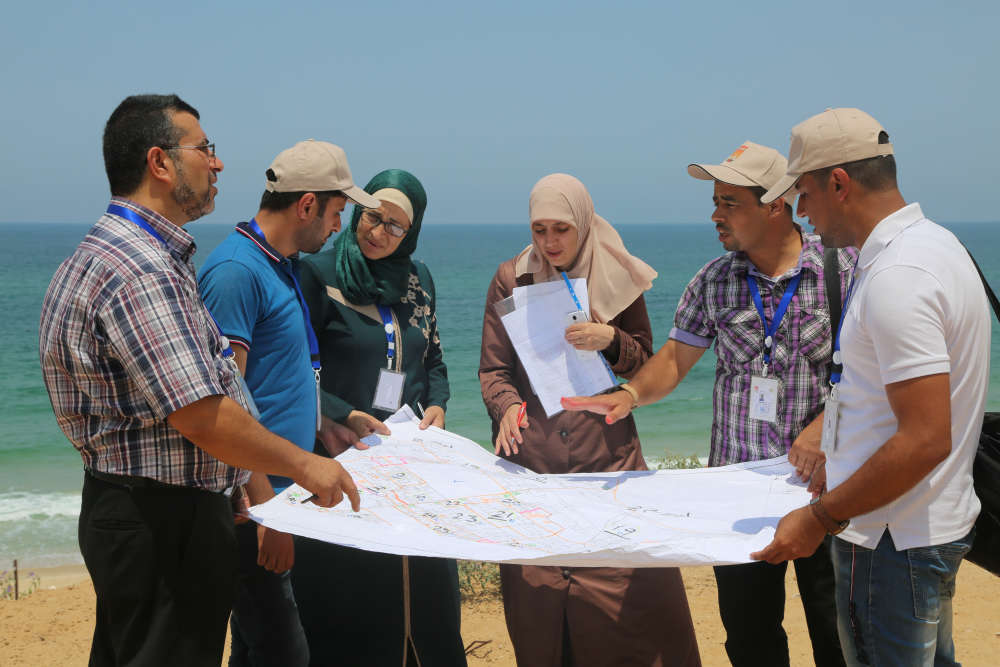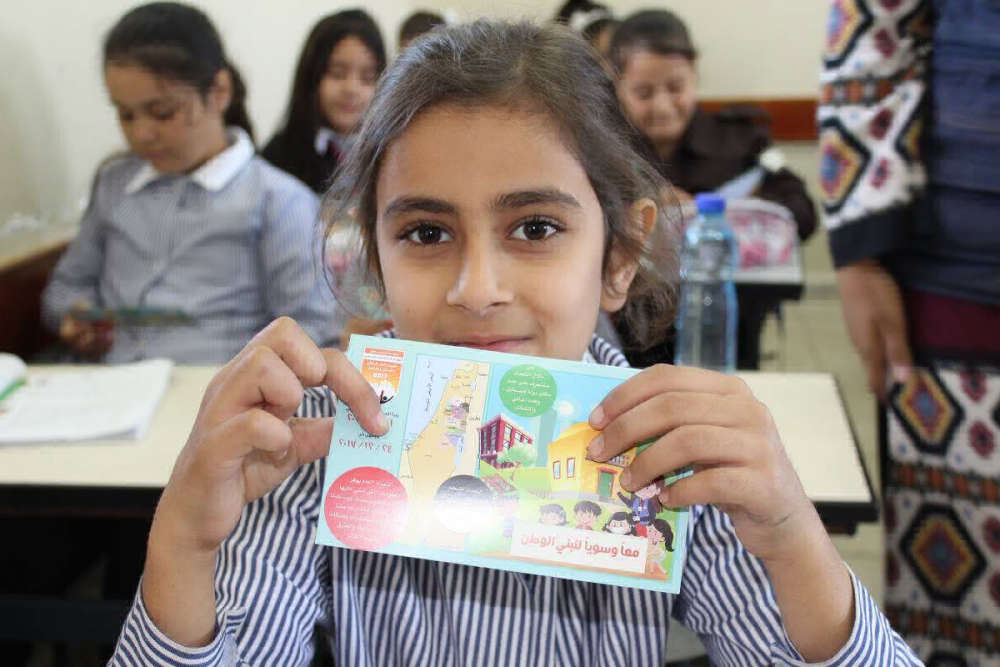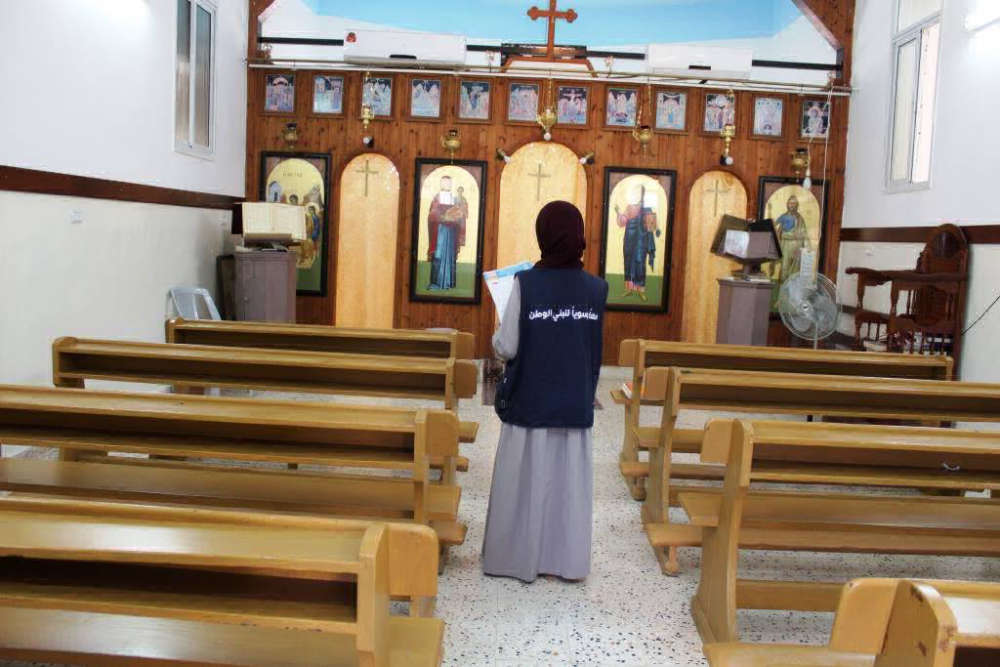The world recently celebrated the World Statistics Day to honor the thousands of women and men who work at National Statistical Offices (NSOs), striving to provide individuals, communities, policy makers, and researchers of the world with reliable data and information on all aspects of life. We statisticians play a leading role in addressing fundamental issues that touch the lives of our citizens.
In Palestine, this day has special meaning. It is celebrated while the Palestinian Central Bureau of Statistics (PCBS) is extending all efforts towards implementing the third Population, Housing and Establishments Census 2017. Consensus on its content was formulated in extensive consultation processes that aimed to identify the specific needs of the various sectors. These needs were then consolidated to form the content of Palestine’s 2017 census and identify national priorities. In order to improve the accuracy, timeliness, accessibility, and user-friendliness of published outputs, the census relies on geographic information systems (GIS) and mobile data collection. Eleven thousand employees, more than half of which are young women, are exerting exceptional efforts to make this national project a success. The census data will establish a comprehensive baseline and form an updated statistical framework for the monitoring of the 2030 Sustainable Development Goals (SDGs). Our work serves as a cornerstone not only for the statistical field but also for the devising of Palestine’s national policy and for the information of the public at large.
World Statistics Day invites us to remember the development process and achievements of PCBS. After only 24 years of operation, this institution has proven itself as a solid national body that bases its operations on ethical, professional, and managerial competencies and, furthermore, has attained a solid position in the national, regional, and international arenas.
In November, Palestine is hosting the 9th meeting of the High Level Group for Partnership, Coordination and Capacity Building (HLG-PCCB) of the 2030 Agenda for Sustainable Development. This group includes international chief statisticians from 23 member states along with regional and international agencies as observers. The HLG-PCCB aims at developing strategic leadership and global partnership in efforts to monitor the implementation of the SDGs on national, regional, and global levels.

Photo courtesy of PCBS.
It gives me a great honor to welcome our international colleagues and guests in Palestine! The holding of such a high-level international meeting of the United Nations for the first time in Palestine carries several important messages. It highlights the pivotal role of statistics play on our national level, and it recognizes the importance of statistics as a tool for the formulation of sustainable development strategies and for the monitoring of the development achieved by Palestine in the implementation of its development goals.
The agenda of the SDGs is very ambitious as it seeks to eliminate poverty and meet very demanding targets on health, education, and gender equality. The SDGs are universal and more comprehensive in scope than the Millennium Development Goals and applicable to every country, regardless of development status (developing or developed countries). As all countries are expected to commit themselves to the achievement of these goals, a most challenging aspect of this initiative is that governments must prioritize among the list of targets, identifying those that correspond to their national agenda. The SDGs remain a global collaborative initiative that attracts various segments of society, as efforts toward their implementation; provide opportunities for actions and partnerships at the national level.

Photo courtesy of PCBS.
Palestine participates in this global exercise and is committed to monitoring and reporting on progress toward SDG implementation. The Palestinian Central Bureau of Statistics (PCBS), as the provider of Palestine’s official statistics, is leading the development of the associated data requirements in cooperation with the data providers and with the SDG National Team, headed by the Prime Minister’s Office. The aim is to effectively monitor and review comprehensive progress, particularly the integrated SDG targets within the national policy agenda.

Photo courtesy of PCBS.
Palestine has developed its own road map, based on the matrix that resulted from mapping the global indicators; existing data and needs were addressed in a collaborative process involving all relevant sectors. Inspired by the SDGs, as they correspond to the Palestinians’ own ambitions for development and prosperity, Palestine has engaged in a participatory process and gathered all sectors, including public, private, and civil society, to prioritize national targets. Realizing the importance of national ownership to achieve sustainable development, the Palestinian government stands strong to engage everyone in the process of seizing the opportunities ahead. Palestine’s National Policy Agenda, “Putting Citizens First,” is consistently aligned to the 2030 Agenda and the SDGs, and aims to ensure that “no one is left behind.”
The modernization and strengthening of statistical systems is essential in order to meet the requirements of the SDGs. Inclusive reviews of available data structures at sectoral levels are necessary to identify type and volume of the required interventions and to ensure data availability. The desired modernization shall be addressed on all fronts, most notably at the regional and national levels, to provide opportunities for exchange of experiences and technical know-how. The modernization of statistical systems addresses methods, data sources, and tools to improve the availability and quality of sectoral data and indicators.
When it comes to statistics, Palestine is no longer a follower. When it comes to development, Palestine will pay its dues. We are not waiting to be invited, but are getting involved.


